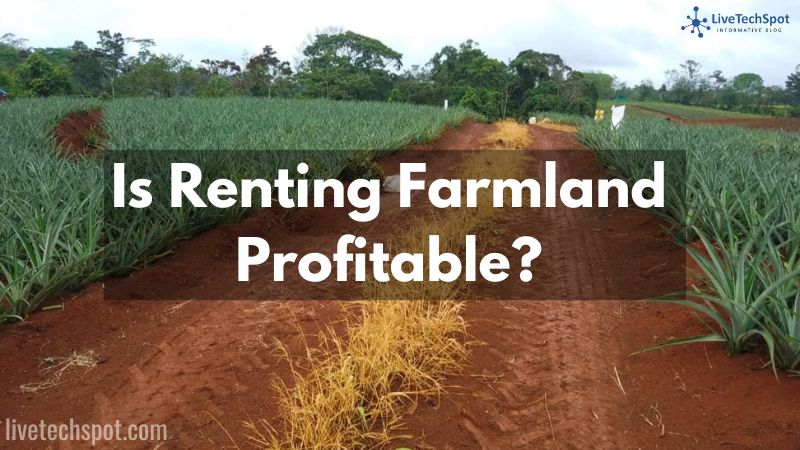In recent years, farmland has emerged as an attractive investment opportunity for individuals seeking stable returns and portfolio diversification. However, while many investors opt to purchase farmland outright, renting farmland has also gained traction as a viable investment strategy.
In this informative guide, we’ll delve into the profitability of renting farmland, addressing key questions such as “is farmland a good investment?” and “how does renting farmland compare to other investment options?” Let’s explore the ins and outs of renting farmland and its potential as a lucrative investment avenue.
Page Contents
Understanding the Appeal of Farmland Investment
Farmland has long been prized for its intrinsic value and potential for wealth preservation. Unlike other asset classes prone to market volatility, farmland offers stable returns and serves as a tangible asset with inherent value. Moreover, as global population growth drives increased demand for food and agricultural commodities, farmland in Costa Rica investment presents an opportunity to capitalize on this fundamental trend while hedging against inflation and economic uncertainty.
Is Farmland a Good Investment?
The question of whether farmland is a good investment hinges on various factors, including location, market dynamics, and management practices. Historically, farmland has delivered competitive returns compared to traditional asset classes such as stocks and bonds. According to research conducted by institutions like the USDA and NCREIF, farmland has consistently outperformed other investments over the long term, demonstrating resilience during economic downturns and periods of market volatility.
The Profitability of Renting Farmland
Renting farmland can be an attractive investment strategy for individuals looking to gain exposure to the agricultural sector without the capital outlay required for land acquisition. By leasing land to farmers, investors can generate rental income while mitigating the risks associated with farm operations, such as crop failure, price fluctuations, and input costs. Additionally, renting farmland provides investors with flexibility, allowing them to adjust their investment portfolio and diversify across different regions and crop types.
Factors Influencing Rental Income
Several factors influence the profitability of renting farmland, including:
- Location: Farmland located in regions with favorable soil quality, climate conditions, and proximity to markets tends to command higher rental rates.
- Crop Type: Different crops have varying rental values based on market demand, production costs, and yield potential.
- Lease Terms: The terms of the lease agreement, including rental rate, payment frequency, and duration, can impact the overall profitability of renting farmland.
- Land Management: Well-maintained farmland with adequate infrastructure and sustainable land management practices may attract higher-quality tenants and command premium rental rates.
Risks and Considerations
While renting farmland can offer attractive returns, it’s essential for investors to be aware of potential risks and considerations, including:
- Market Risk: Fluctuations in commodity prices, input costs, and land values can impact the profitability of farmland rental income.
- Tenant Risk: The financial stability and management practices of tenants can influence rental income and property maintenance.
- Regulatory Risk: Changes in government policies, environmental regulations, and land use restrictions may affect farmland rental agreements and operating costs.
Final Thoughts
In conclusion, renting farmland can be a profitable investment strategy for individuals seeking to diversify their portfolio and capitalize on the long-term growth prospects of the agricultural sector. By generating rental income from farmland leases, investors can benefit from stable returns, inflation protection, and asset appreciation over time.
However, it’s essential for investors to conduct thorough due diligence, assess risk factors, and seek professional guidance when considering farmland rental as an investment option. With careful planning and strategic decision-making, renting farmland has the potential to yield fruitful returns and contribute to a well-rounded investment portfolio.


